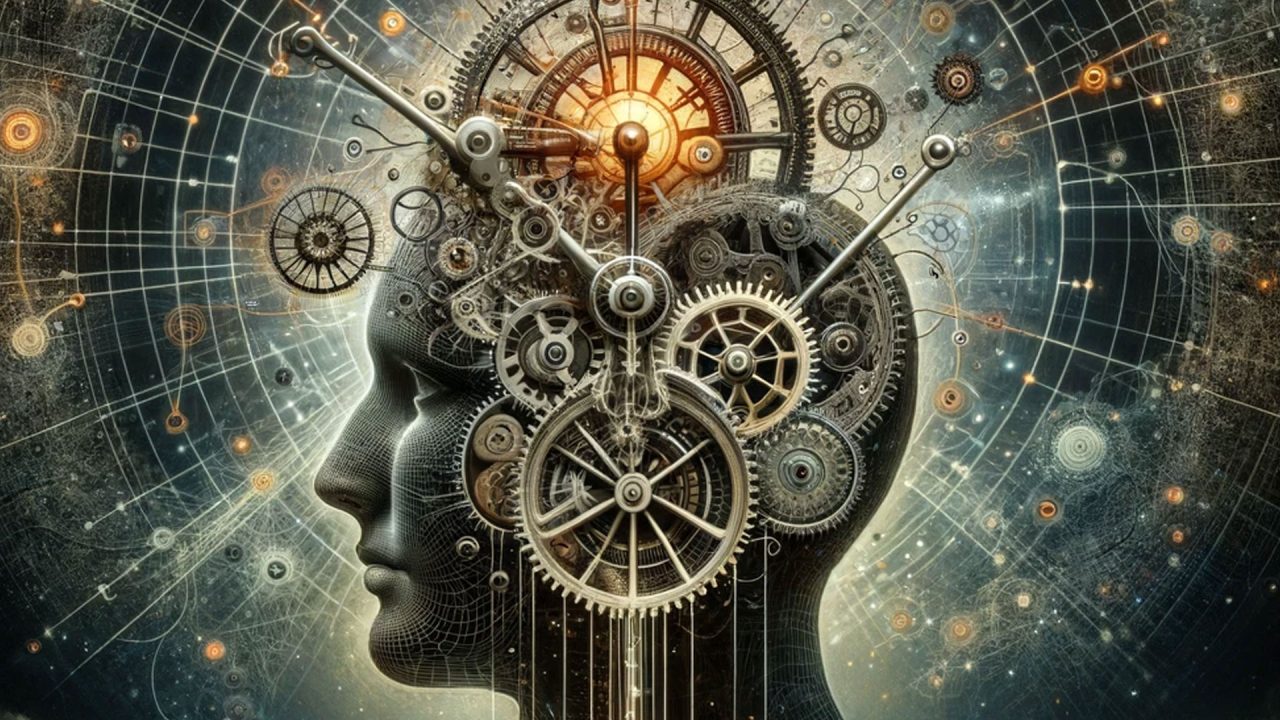I enjoy learning about how coaching can meet neuroscientific research and discover applicable insights for day to day issues, such as dealing with Fear.
Fear has been particularly important in my life, as I have experienced it many times while attempting to bring up plans, ideas and many attempts for change. I still struggle with fear, yet, I can now predict it. Using my awareness and knowledge from neuroscience I have an idea about how it arises.
Recently, I read an article on the predictive coding hierarchy theory of the brain . It is a widely accepted model and it simply says that your brain produces and updates a model of the external world. You don’t see the real world, you see a model of the world created by your brain. It is hierarchical because the input data from the senses are evaluated by separate layers of neurons. In a sense, it is like a managed organisation, where higher level managers make decisions on the greater view, while low level managers make decisions on basic things.
Higher level neurons are activated if the brain decides that the new information is important for updating the model of the world. Like when tasting a completely new ice cream flavour or when you travel to a new destination.
An important component of this theory is the free energy principle and I think it directly connects with Fear. More specifically, with Fearful thoughts when you are thinking of making a big change in your life. The term free energy is not an exact description of the process, but let me explain.
Because the physical world is constantly trying to disperse us and we are living organisms that are constantly trying to sustain our existence, the free energy principle states that the brain will try to keep us in probable states of energy that will keep us alive. In other words, the brain is constantly trying to keep us alive, by choosing the options that are known to keep us alive. This can be in terms of seeking food when hungry, water when thirsty or follow known strategies when situations require change.
Since I am still alive, my brain already has a successful “keep me alive” model of the world.
Every new sensory input is measured and compared to how much surprising it is from the “keep me alive” model.
For example. You don’t want to make a mistake crossing the street, while a car is passing. You look and now the brain has a model of an empty road. The current energy state of safety is crossing an empty road. So, when I cross the road, after I looked left and right, and a rumbling sound suddenly appeared on my left, I will look again because the model is receiving new data and they are so significant that my survival depends on looking. The previous energy state is deemed unsafe and resources are being utilized to look left. These are low resources, but you get the picture.
In other words, the brain needs to minimize the potential error of not looking, since the original model was being challenged by the new data. Free energy is the difference between what the brain originally predicted and the data from the new sensory input. And it constantly calculates towards minimizing it. Because if that difference is minimal, the body will be in an energy state known to keep it alive.
The free energy principle suggests that our brains are wired to minimize unpredictability.
When I read this the first time I instantly thought about Fear and the comfort zone. Every idea I have had to make a big change in my life, has always come with a set of counterideas like “You are not good enough”, “Too old”, “Too stupid”, “Don’t have what it takes” and so on. As if there is a really unsupportive person within my mind.
But what if that is simply my brain evaluating the unpredictability of such an event, to such a height, that instead of changing the model of the world, it produces a mind-state that squashes that idea? It probably costs almost nothing to produce counteractive thoughts. In fact, it can become a default mode. Being in a comfort zone feels exactly like this. Every new idea seems enticing, until doubtful thoughts start building up. This new idea is challenging a safety state and this brings out a self-talk that downplays the idea.
My interpretation is not to be taken as an exact description of what is happening. What I am evoking is more awareness towards these thoughts. By interpreting them simply as modes and not as Truths, I can see them rise and go away.
In his book “Being You”, the neuroscientist Anil Seth is bringing up the point that emotions are perceptions from the brain of real physical sensations. Fear as an emotion rises after the body has sensed a tremble, which the brain connects with fear. I will be reading more papers on the proof around this explanation, but it doesn’t matter what the papers say. It matters what you actually are aware of when you experience this feeling. S
My question to you is: “What do you notice, when you think of new and exciting ideas?”
Discover it with me in a Free Coaching session
In my next article, I will include an exercise to approach this exact question.
References:

